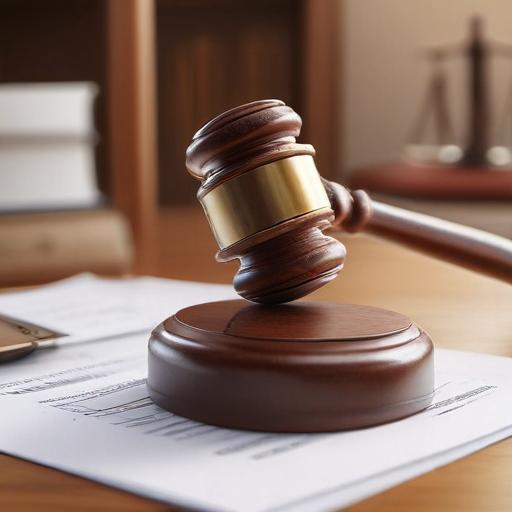The Justice Department is ramping up its legal scrutiny of New York Attorney General Letitia James by issuing at least two subpoenas as part of an investigation led by the Northern District of New York. The focus of one subpoena is on James’s civil fraud case against President Donald Trump, resulting in a judge ruling in 2024 that Trump and his company owed $450 million in fines. The second subpoena seems to investigate her high-profile case against the National Rifle Association, which resulted in significant reforms mandated by the courts.
A spokesperson for James, Geoff Burgan, emphasized the importance of this litigation, asserting that any perceived misuse of the justice system should alarm all Americans, and reaffirmed their commitment to defend the rights of New Yorkers. James’s attorney, Abbe Lowell, characterized the investigation into her actions as a politically motivated effort by the current administration to retaliate against her.
This latest investigation is distinct from a separate Justice Department inquiry concerning alleged mortgage fraud involving James. Federal officials are looking into potential discrepancies in the loan documents she submitted during a home purchase in Norfolk, Virginia, while she served as Attorney General. James’s lawyer has defended the inaccuracies as unintentional errors.
James has been a consistent critic of Trump since her election in 2018, vowing to hold him accountable. She previously won a notable judgment against him for a fraud scheme where financial assets were misrepresented to secure favorable loan terms. The New York Supreme Court Justice Arthur Engorgon described Trump’s actions as utilizing “blatantly false financial data” in dealings with lenders.
As Trump appeals the decision, the accruing interest on the fines continues to add financial pressure, highlighting ongoing tensions between the former president and the state attorney general.
The legal landscape is evolving, with James’s actions as a point of contention and a potential catalyst for further legal debates surrounding the accountability of public figures. The developments surrounding these cases reflect a broader narrative regarding the integrity of the justice system and its intersection with political dynamics in the U.S.
